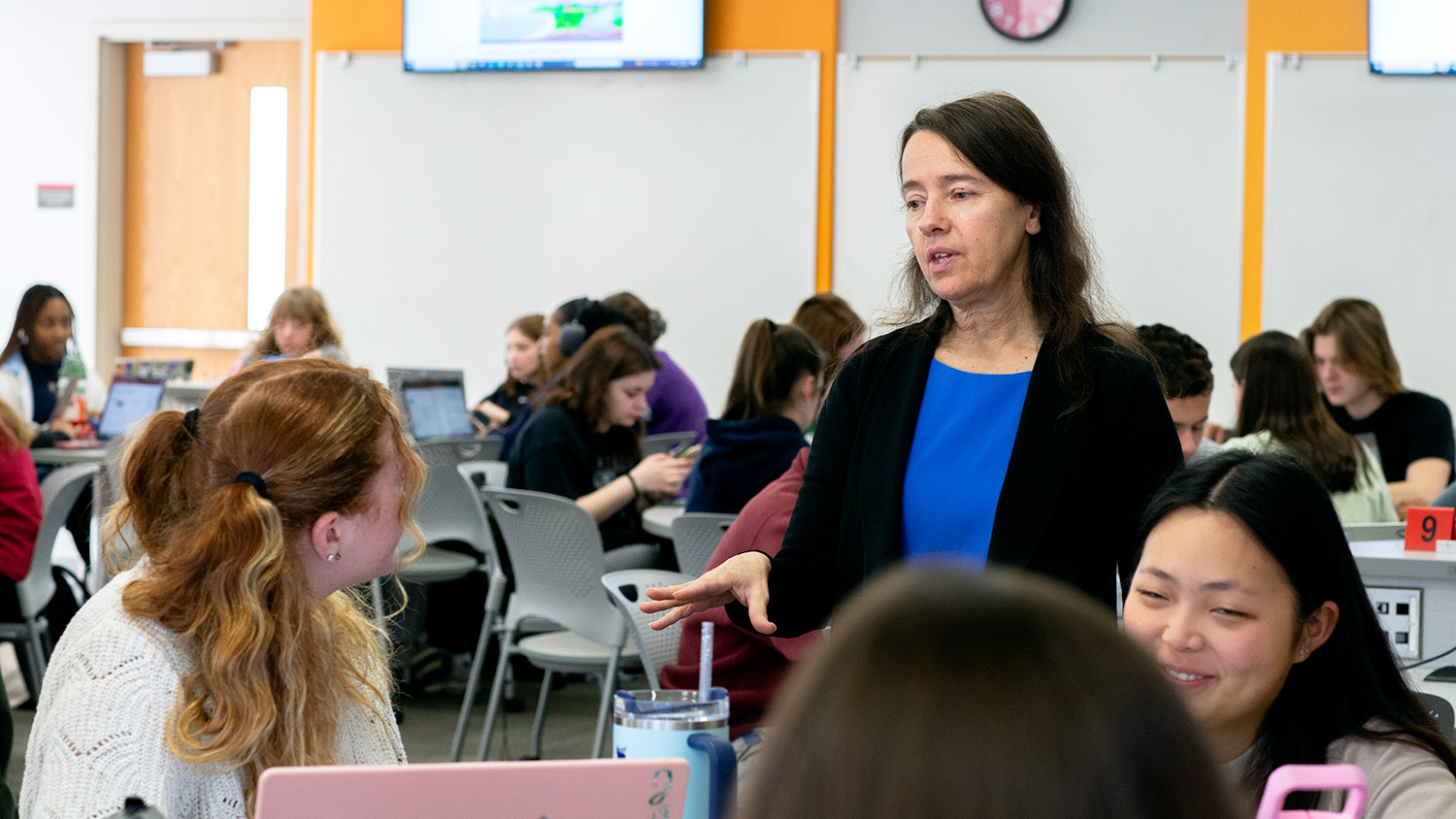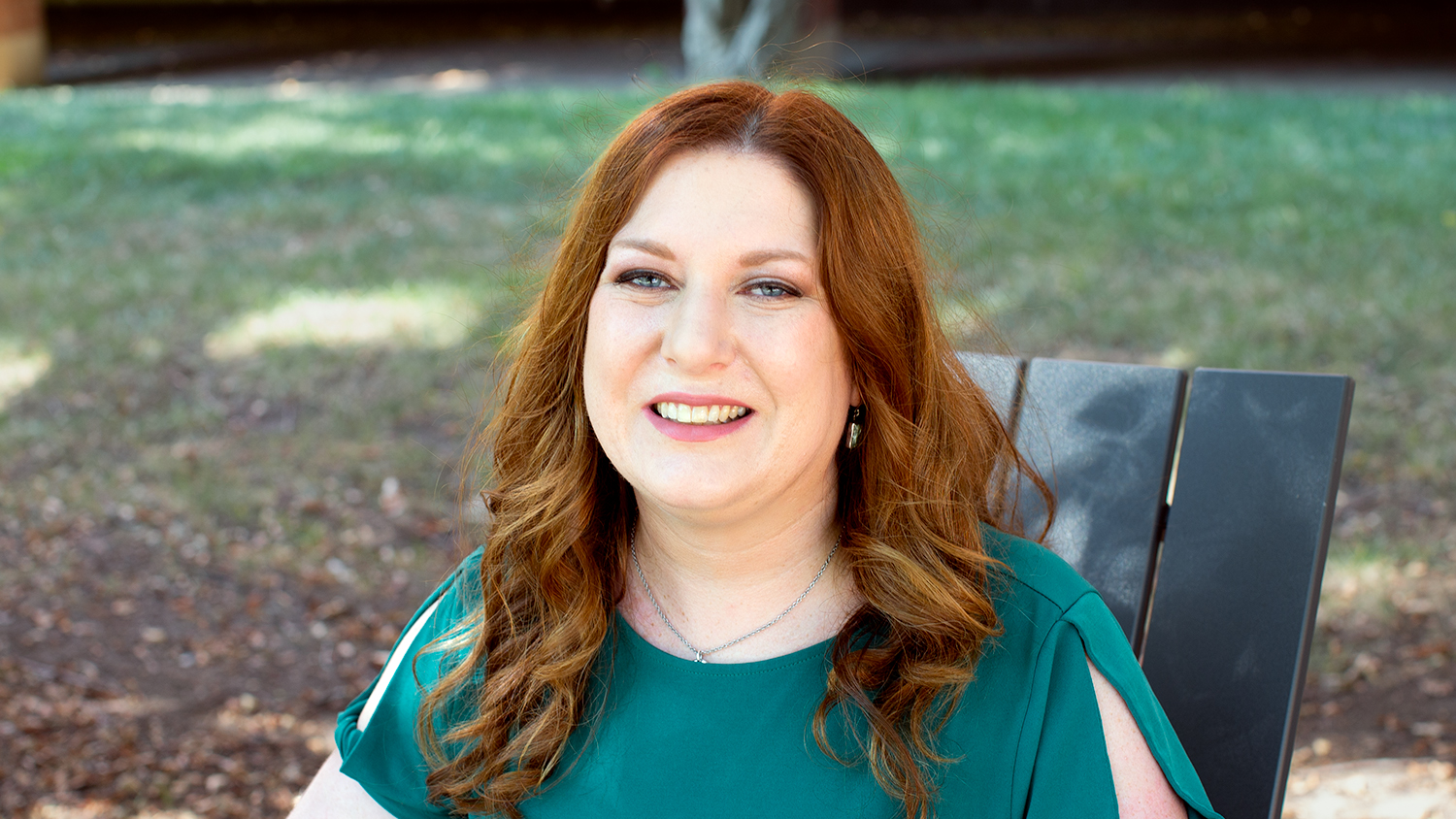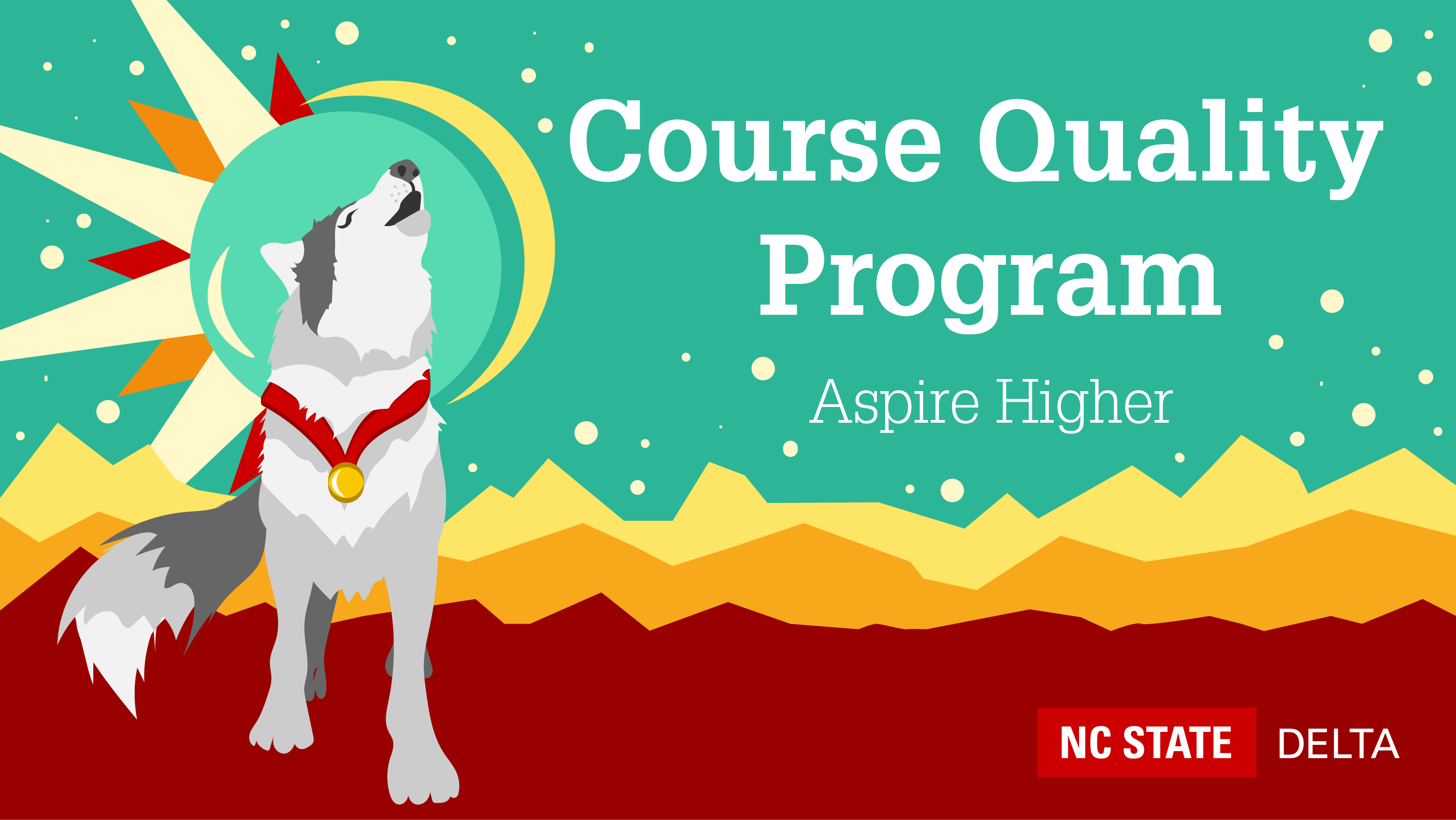DELTA attends MoodleMoot US 2015
In early August, several DELTA staff members attended the MoodleMoot US 2015 conference in Minneapolis, Minnesota. Although there have been numerous Moots over the years with various other organizers and sponsors, this event was the first “official” MoodleMoot in the U.S. (and the second ever, worldwide) to be organized and sponsored directly by Moodle HQ. Attendees to the conference were Moodle users with a variety of roles (instructors, support staff, developers, administrators, etc.) who represented a range of universities and colleges, K-12 schools, and corporate and other settings. Moodle is used in many different instructional environments in over 200 countries around the world. The presentations that DELTA staff members contributed to the conference were:
- Developing Gamification (Function & Instruction) within Moodle (Stephen Bader)
- Focusing on Best Practices and Support to Guide Our Development (Scott Watkins & Martin Dulberg)
- Governance at NC State: Maintaining Institutional Transparency, Buy-in and Support (Martin Dulberg)
- Listening to Our Users: Gathering Feedback, Feature Requests and Help Calls to Improve Moodle (Martin Dulberg & Scott Watkins)
- Moodle Customizations at NC State (Scott Watkins)
One of the keynote speakers at the event was the founder and CEO of Moodle, Martin Dougiamas. In his talk, Dougiamas discussed the current state of Moodle development and shared some ideas about its future direction. Some of the current development priorities at Moodle HQ include usability (improving the organization and navigation of courses, activities and other features), templates, better support for competency-based education models, and the latest version of the Moodle Mobile app. Dougiamas also described several notable resources and developments in the Moodle community:
- “Teaching With Moodle: An Introduction,” a free four-week online course designed for anyone who wants to learn to use Moodle for teaching, available at http://learn.moodle.net.
- MoodleCloud, a site that provides free (ad-supported) hosted Moodle sites, available at http://moodlecloud.com.
- The Moodle Association, a new official non-profit organization to guide future development of the Moodle software (more information at https://moodleassociation.org/).
At the conference, several working groups also convened, to discuss and propose improvements to three aspects of Moodle: the gradebook, learning analytics, and a proposed automated Moodle Instructional Assistant. Since there is very strong interest in Learning Analytics on our campus, three of the NC State contingent participated in the Learning Analytics working group, where we discussed features, expectations, types of reporting, and access to reports. We hope that our assistance in the working group will help guide the development direction that Moodle HQ takes with the Learning Analytics components in Moodle.
We were also approached by someone who is working with Moodle HQ to develop an official vetting process for third party plugins to Moodle. We currently have to test each plugin extensively to ensure that it is functionally sound and that it works well with our system. By pooling our efforts with other organizations, we might be able to deploy plugins more rapidly and help the community weed out poorly designed or orphaned plugins (ones that are no longer being supported), to make it easier for everyone to safely extend the functionality of Moodle. A Moodle “Hackfest” on the day after the conference provided more opportunities for developers to work together on future Moodle improvements and to better understand Moodle development standards and practices.
The MoodleMoot conference was a fantastic opportunity to learn about the latest plans and direction for Moodle and to see how other people are solving problems creatively with Moodle. The event also allowed us to network with our peers both in-state and around the world, and to establish new relationships to help us in future endeavors.
Contributors: Scott Watkins and Martin Dulberg, Ph.D.
- Categories:


